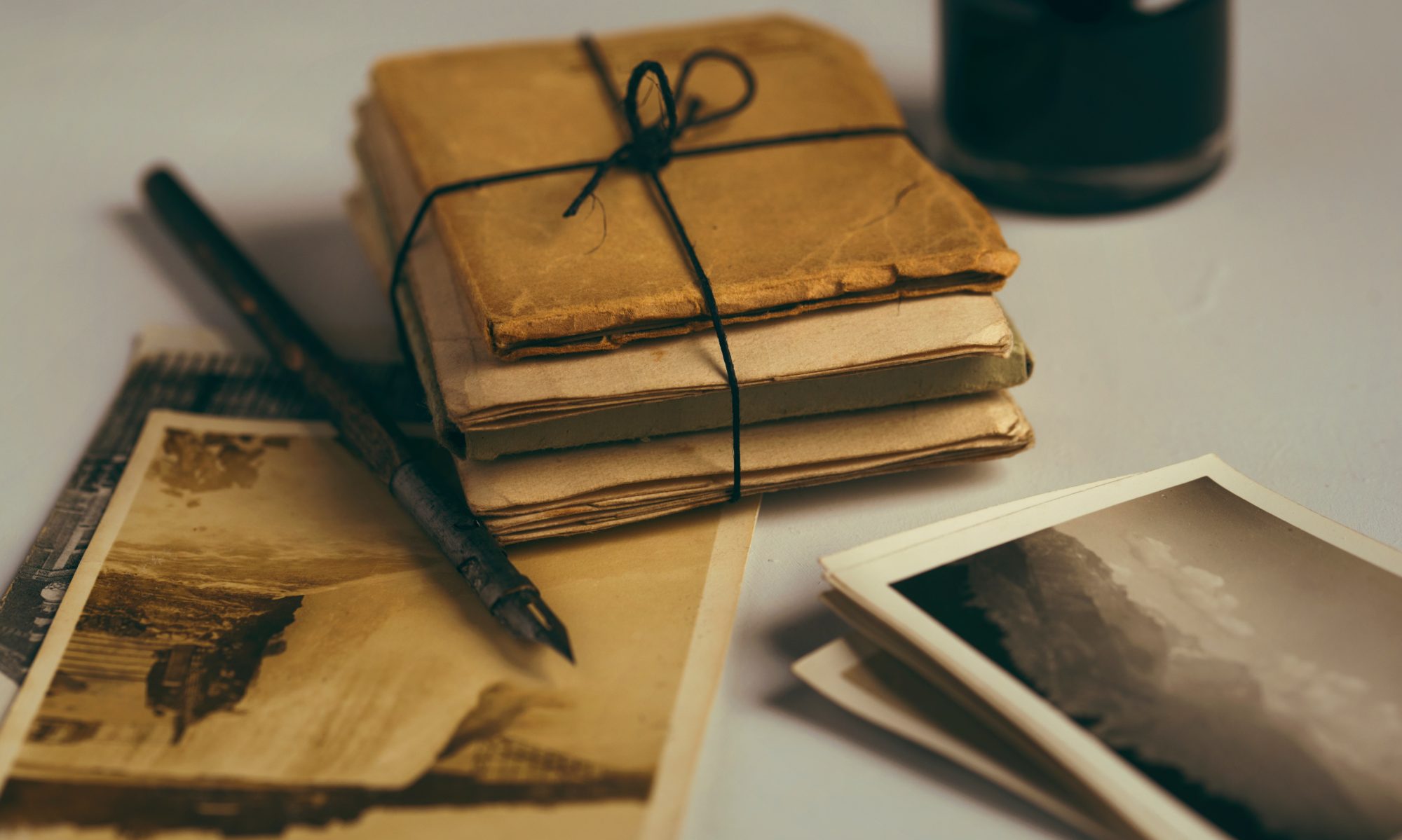Happy International Women’s Day! Let’s celebrate by looking at the amazing women in our family trees.

Last time I blogged about researching your female ancestors, I covered some reasons why it was so important not to neglect that half of your family tree. Today, I’d like to give some pointers on how to overcome the challenge associated with this – how to find someone’s maiden name!
There are many strategies and sources you can use to find the elusive birth name of a female ancestor. Your mileage may vary for any one of these, depending on the location and era you are researching and the contents included in the suggested documents for those areas. There are plenty of suggestions here though, so you should find you get lucky using several of them.
Find Her Maiden Name In Marriage Records
This is the most obvious starting point. But watch out for her marital status on the document. If she’s a widow or divorcee, she will likely not be marrying under her maiden name. Check for her father’s name, and if it is not listed, the witnesses’ names may provide clues. Try to find her previous marriage record – search for her forename and her widowed surname, then look for death records of the husband and verify you have the right couple. That earlier marriage should have her maiden name.

Don’t just look for marriage certificates and church records though.
Also look for:
- banns
- allegations and bonds
- licences
- agreements
- newspaper notices of engagements and marriages
- family bibles
- her husband’s military records, such as records of service and pension records
- divorce applications or papers
These may not only confirm her maiden name, but provide further family information too.
Find Her Maiden Name In Her Children’s Records
Many of the records of your female ancestor’s children will give her maiden name. The records from earlier in their lives will be the most accurate as the information would likely have come from either her or her husband. If you don’t find what you are looking for in the records of the child you descend from, try their siblings.
- birth certificates
- baptismal records for some religions, e.g., Catholics and some non-conformists give mother’s maiden name
- marriage certificates – some record mother’s maiden name, otherwise again check witness names for clues
- death certificates also in some places give the mother’s maiden name
- do any of her children have an unusual middle name (especially if several do)? – this may well be her birth name.

Find Her Maiden Name Using Census Records
Check all available censuses for your female ancestor. In later censuses, you may find her with an aged parent in the household. Remember if just the mother is there, check that she wasn’t widowed for a second or subsequent time before assuming her surname is the birth name of the daughter!
You may also find unmarried siblings boarding with the family.
Lastly, check the surrounding households for possible relatives, as often the families stayed in the same neighbourhoods. Remember the FAN principle!

Can Her Maiden Name Be Found in Death Records?
In some places, the maiden names of women are included in their death certificates, and as an extra bonus, as mentioned above some will also include her parents’ names. So you also get HER mother’s maiden name!

Check wills:
- did she leave one? Probably not before the Married Women’s Property Act (different dates in different jurisdictions!) as she would have had little of her own to leave anyone. Check anyway, you may be lucky!
- did her husband leave one? Check his will and probate records as they may mention members of her family. For example who oversaw her inheritance from him when she legally couldn’t? If she had already died, who became guardians of any minor children?
- if her husband died, she may be featured in removal and settlement records as the parishes juggled who would be responsible for the fatherless family. These can be extremely detailed.
- do you have an inkling of who her birth family may possibly be? Check the will of her suspected father – they usually list daughters by married surname and often name their husbands.
Are there any obituaries or death announcements for her in the newspapers?
Lastly, don’t overlook records relating to her burial. Even the headstone may include some information, check for her maiden name on the stone itself, clues in the epitaph, and the birth date may assist you in finding her birth. Don’t neglect to check surrounding graves. She may be amongst her family.
Good luck in finding your female ancestors’ origins and helping your tree to become as rich and full as it deserves to be!


